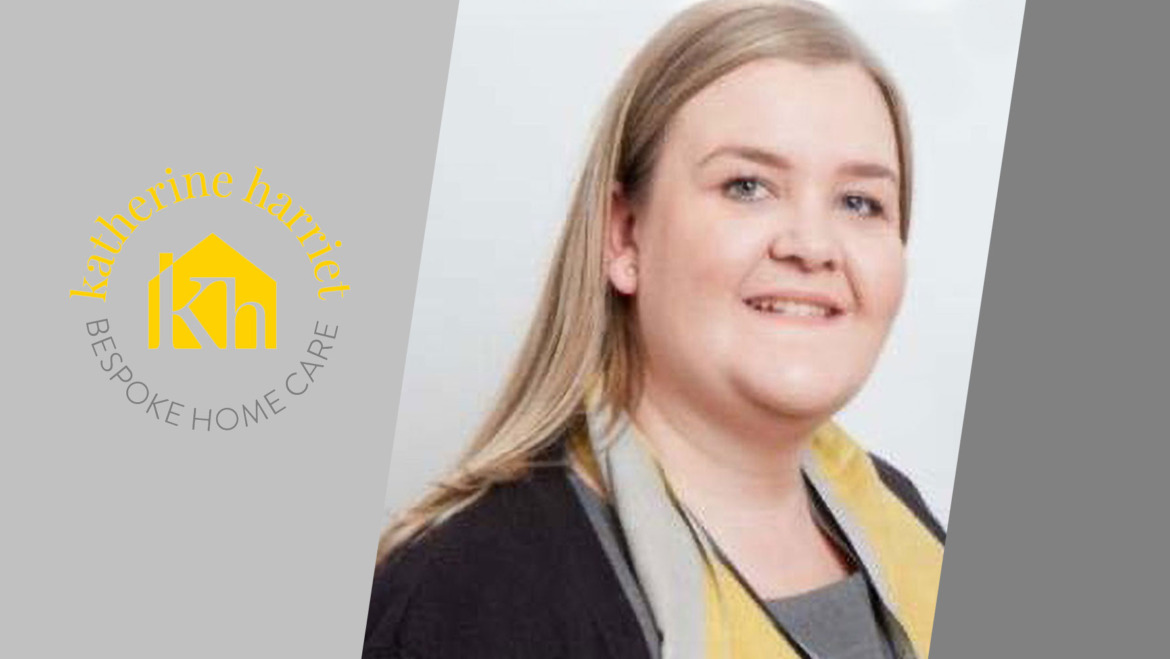Rebecca Tilby, Registered Manager at Katherine Harriet Ltd looks at Oral Health Care.
For elderly people and people with a disability, being able to look after their own oral health can often be quite challenging as they face several problems many people may not realise.
One of the most common problems in issues with mobility which can make even simple things like brushing their teeth for two minutes twice a day challenging.
Looking after our oral health is a deeply personal thing and many carers feel a psychological barrier when it comes to helping brush a person’s teeth, it can therefore fall down the list of priorities and health issues can quickly develop.
With an reduced ability to provide themselves effective oral health routine further problems can quickly appear. Poor oral health has been proven to have close links to diabetes, heart disease, strokes and even cancer, this highlights the huge significance of good oral health.
The importance of maintaining our oral health is the same for everyone, no matter our age or ability, it all comes down to three key elements:
- Brush your teeth last thing at night and at least one other time during the day with a fluoride toothpaste.
- Cutting down on how often they have sugary foods and drink.
- Visiting the dentist regularly, as often as they recommend.
Elderly people
Only a couple of decades ago many people were expected to lose most of their natural teeth by the time they reached 50 years old, thankfully now this has changed, and most people expect to keep all or most of their natural teeth throughout their whole life.
But this does not come without its own problems. As we age, our bone density and immune systems naturally weaken, and it makes it easier for issues such as gum disease and tooth loss to develop.
As highlighted the links between poor oral health and systematic disease are extensive so they importance of better oral health for life is very strong.
Physical and learning disabilities.
There are a wide variety of difficulties which people with physical and learning disabilities face on a daily basis when it comes to looking after their oral health.
This can vary from mobility problems meaning people are unable to hold or use a toothbrush effectively, or learning difficulties, such as autism, which make it difficult for people and their carers to provide effective oral health.
There are also big issues regarding medications which people require which can have negative side effects on oral health.
By ensuring that we make oral heath a priority we can dramatically change the way it is viewed across the country and change the impact that it has on everyone in the future.
Good oral health is an essential part of older people’s health care. For older people living with frailty it is critical to ensuring they are hydrated and their nutritional needs are well supported. Poor oral health care can lead to difficulties in eating, and absorbing medications properly. There are also known links between poor oral health care
and pneumonia and heart disease. Getting oral health care right is a key part of supporting older people’s health, wellbeing and dignity.


